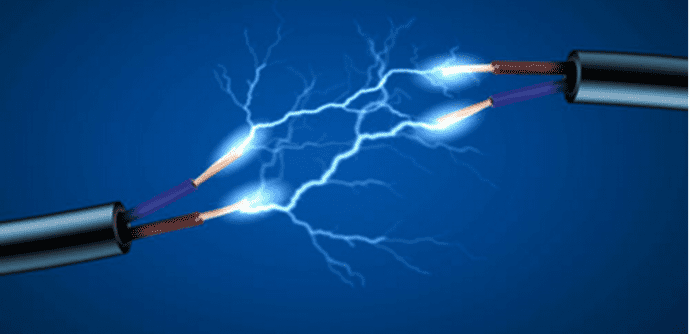Bioenergy is one such source, and microbial fuel cells can produce it.
Microbial fuel cells use the natural processes of certain bacteria to turn organic matter into electricity.
There are other ways of generating bioenergy, including anaerobic digestion, fermentation and gasification.

But microbial fuels have the advantage of working at room temperature and under ordinary atmospheric pressure.
They are also efficient, relatively cheap to run and generate less waste than the other methods.
Also, microbial fuel cells tend to generate less power than the other methods of bioenergy production.

These are typical constituents of food waste.
The new system also addresses one of the other big criticisms of microbial fuel cells: low power production.
This is not the first time the scientists have taken advantage of the properties of urine to produce electricity.
Recently, researchers have developed electricity-generating urinals and wee-powered socks to generate Wi-Fi signals.
Our new design is cheaper and more powerful than traditional models.
The research is published inElectrochimica Acta.
source: www.techworm.net